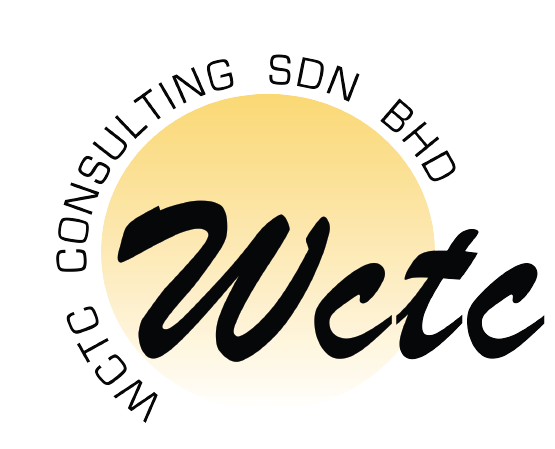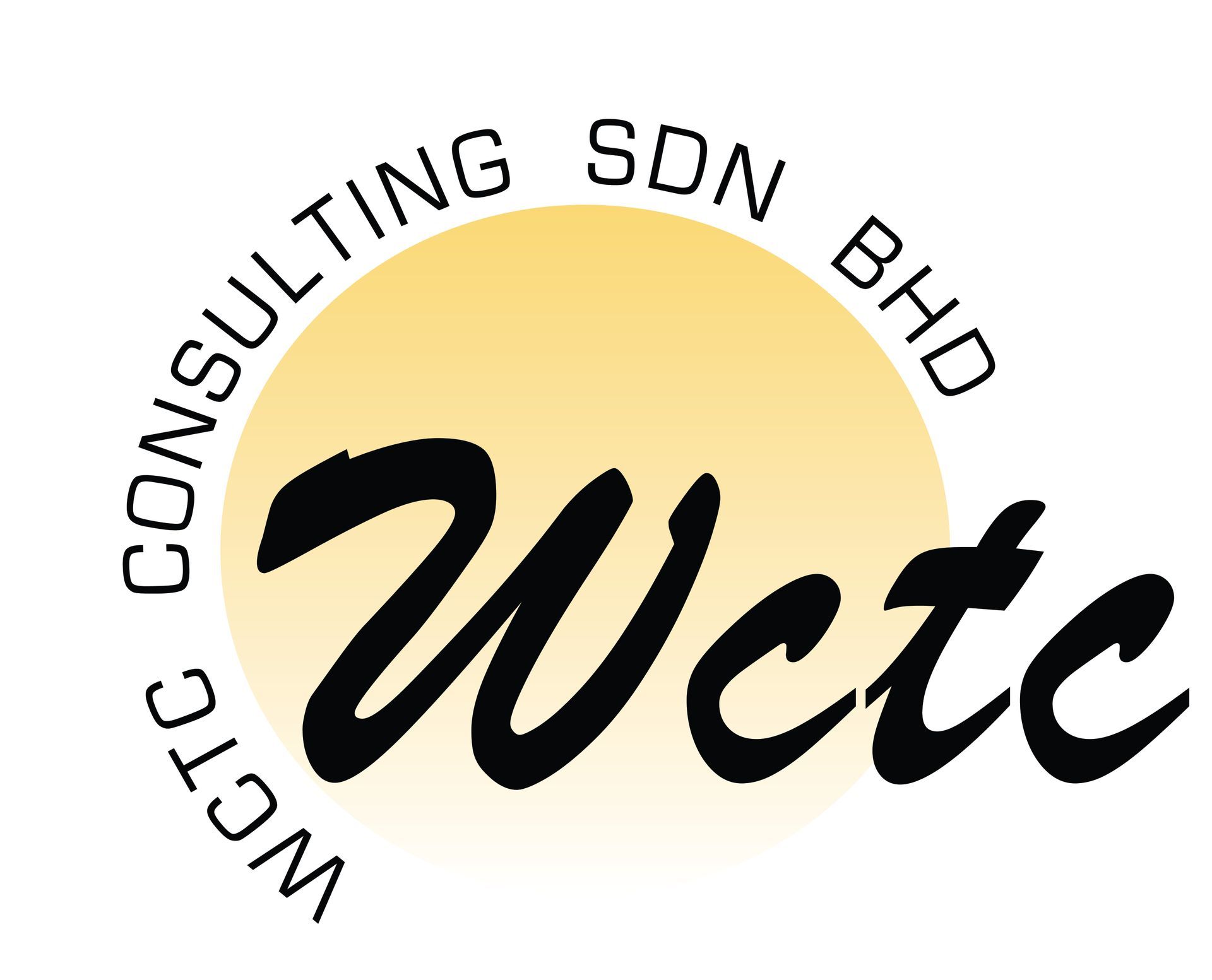OVERVIEW
Organisations invest millions of dollars in training and development because of their beliefs about generational differences. There are at least five generations now in the workplace: Baby Boomers, Generation X, Generation Y, and Generation Z. Conflict is an unavoidable byproduct in any social environment; especially when there is multigeneration with different dispositions, values, behaviors and levels of emotional intelligence. Managing a multigenerational workforce with so many different perspectives, experiences, values and goals poses a unique organizational challenge for company leaders, managers and HR professionals.
What experiences have you had conflicting with different generations?
Tension or conflict is inevitable in an intergenerational workplace. These include minor factors, such as an employee with a messy or cluttered work station, as well as major factors, such as an employee who verbally attacks another employee in an attempt to undermine their ability to work. It is a common problem experienced by many employers and employees.
Intergenerational workplace conflicts can negatively influence the workplace in many different ways. They can lead to fighting, such as verbal gossip or even physical altercations in more extreme circumstances; workplace conflicts can also cause a lowered job satisfaction and lower productivity.
Why You Should Attend?
Everyone in management must develop effective conflict management skills especially in the current multigenerational workplace. Being adaptive is the only way to keep disputes from impeding employees’ career advancement.
JOIN US & LEARN how to mitigate workplace conflicts for better productivity and sustainability.
In this 14 hours intensive training, the skills of NLP will set you up for success at handling conflict & communication management in intergenerational workplace. This would be when you are in a conflict or even if you are mediating conflict between others. Some of the TOOLS from NLP that you will learn and use include:
- Perceptual Positions (to understand from another’s point of view)
- Dissociation (to step out of taking something personally)
- Separating Behavior from Intention (to identify why the conflict exists on a higher level)
- Rapport (to create a cohesive relationship even with a disagreement)
- Meta-model (questions to gain clarity)
- Meta-questions (to gain even more understanding of what is happening below the surface)
- Meta-programs (to identify the best way to communicate, influence, negotiate, manage, facilitate understanding in others)
- Model of the World (to see the change that you need to create to resolve the conflict)
LEARNING OBJECTIVES
- UNITE intergeneration with a common purpose
- LEARN the different communication styles across multigeneration workplace
- EXPLORE NLP framework in difficult conversations and resolving conflict
- UNDERSTAND another’s point of view using Perpetual Positioning
- GAIN clarity of the issues with Meta-modeling
- KNOW what is happening below the surface using Meta-questioning
- FIND OUT change that you need to create to resolve the conflict using Model of the World
- PREVENT disagreements from becoming unhealthy conflict
- UNDERSTAND the mindset, confidence and skills to facilitate conflict resolution
- KNOW how to stay calm and manage oneself as a mediator or in a conflict
- IDENTIFY the best way to communicate, influence, negotiate, manage and facilitate understanding in others

Other Workshops:




